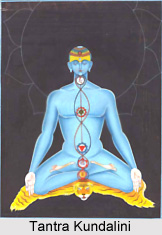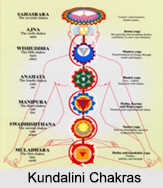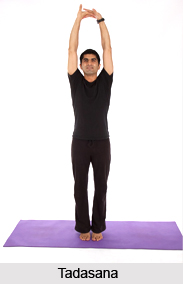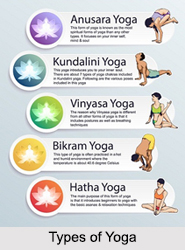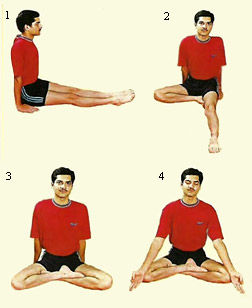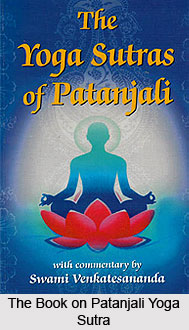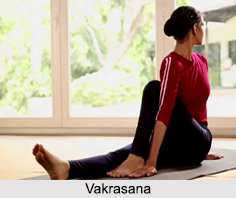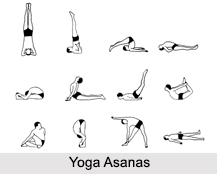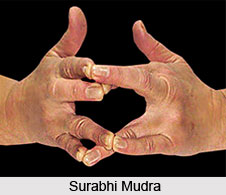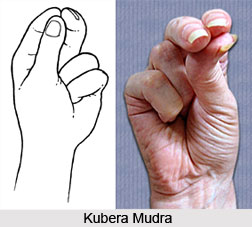 The human race evolved under the sun and for thousands of years lived in close harmony with its heat and light.The infrared rays originated from the sun are useful in the treatment of neuralgia, neuritis, arthritis, and sinusitis. In treatment of pains, heat plays an effective role. Warmth keeps our body energetic. It also keeps the skin smooth and protected. Plants get food from the sun in the photosynthesis process. The foods we get from plants stored the solar energy in it. Our bodies receive the solar energy from the food in the form of fats, carbohydrates, and proteins. The ultraviolet rays are antiseptic in nature. It is capable of killing bacteria, viruses, fungi, yeasts, moulds, and mites in air, water and on surfaces. It also kills germs on our skin. For all types of skin diseases, Sunlight is a very useful treatment.
The human race evolved under the sun and for thousands of years lived in close harmony with its heat and light.The infrared rays originated from the sun are useful in the treatment of neuralgia, neuritis, arthritis, and sinusitis. In treatment of pains, heat plays an effective role. Warmth keeps our body energetic. It also keeps the skin smooth and protected. Plants get food from the sun in the photosynthesis process. The foods we get from plants stored the solar energy in it. Our bodies receive the solar energy from the food in the form of fats, carbohydrates, and proteins. The ultraviolet rays are antiseptic in nature. It is capable of killing bacteria, viruses, fungi, yeasts, moulds, and mites in air, water and on surfaces. It also kills germs on our skin. For all types of skin diseases, Sunlight is a very useful treatment.
Sunlight also toughens and thickens the skin, making it less susceptible to injury and infection. Regular, controlled and moderate exposure to sunlight protects the skin by building up a natural resistance to the harmful effects of ultraviolet rays and give our body a nice soft texture.
When ultraviolet rays from the sun comes in contact with ergosterol, a fluid found just under the skin, they convert it to vitamin `D`, which is absorbed into the bloodstream. Ten minutes of daily exposure to sunlight will supply us with the entire vitamin `D` that we need. The principal function of vitamin `D` is to promote calcium absorption in the gut and calcium transfer across cell membranes. This contributes to strong bones and a contented nervous system. Ultraviolet light converts cholesterol in the skin to vitamin `D`. This vitamin is essential for the proper handling of calcium in the body and thus in the prevention of rickets and adult osteomalacia. Interestingly, people cant overdose on natural vitamin `D` from the sun, even with day-after-day exposure, whereas synthetic vitamin `D` supplements can easily cause vitamin `D` toxicity.
Sunlight plays an effective role in regulating almost all our bodily processes. Sunlight has been shown to increase our sense of well-being and to improve sleep. Ultraviolet light coming into our eyes stimulate the pineal gland, which helps to regulate our Circadian Rhythm (day and night activity cycles). It has been said, "Dark nights and bright days will help keep the hormones in the body functioning properly.
Resting heart blood pressure and respiration rates are all decreased after exposure to sun. This result is especially true if any of them were high to begin with. Blood sugar levels also can be stabilized.
It stimulates the production of more red blood cells, increasing the oxygen and thus increasing muscular endurance and helps the body in maintaining its defense against diseases. Sunlight has even been found helpful in the treatment of stomach ulcers.





